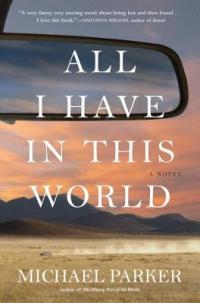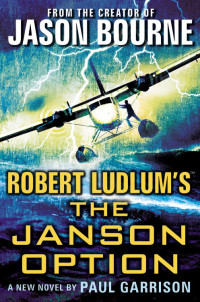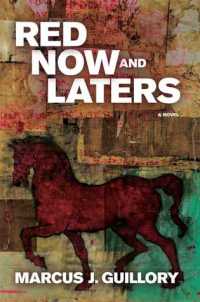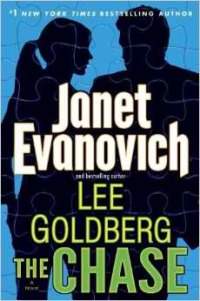All I Have in this World by Michael Parker
 Monday, March 24, 2014 at 9:10AM
Monday, March 24, 2014 at 9:10AM 
Published by Algonquin Books on March 25, 2014
The literary device that binds the characters in All I Have in this World is a Buick Electra. The reader first encounters it at an assembly plant in 1983. A year later, the first black car salesman hired by a Cleveland dealership sells it to a math teacher. Subsequent owners include a doctor in Kansas whose son drives it to Austin and a rancher's widow. Slices from the life of each car owner (as well as an assembly plant worker and the used car dealer who sells it last) are dispersed throughout the novel. The book's structure -- the use of the Buick to tie together lives of disparate people who share universal traits -- is part of its appeal.
Twenty years after it drives off the Cleveland lot, the Buick ends up in Pinto Canyon, Texas, where it brings together Maria and Marcus, the novel's principle characters, each of whom is embroiled in a family drama. Although the novel bounces around in time, it begins in 1994, when 17-year-old Maria enters adulthood in the wake of a tragic experience (for which she is unfairly blamed) that solidifies her desire to leave Pinto Canyon. She does not come back for her father's funeral but returns to Pinto Canyon in 2004. Her mother, with whom she has rarely had contact, has inherited a motel and claims she is too tired to run it by herself -- a claim that Maria credits, given that her mother took care of her dying husband and her dying lover before finding herself alone.
Marcus, having discovered that there is no profit in founding a nonprofit educational center dedicated to flytraps and having lost the land he owned jointly with his sister, packs everything he owns into a pickup truck and drives until he reaches Pinto Canyon, where his truck is stolen while he's hiking near the Mexican border. From then on he is (Maria thinks) trying to find "a way to live his life with somewhat less shame."
In part, All I Have in this World is about people who try to get back the things they once had -- love, family, self-respect -- but never the Buick, although it does help Marcus and Maria recover some things they were missing. In part, the story is about the need to put the past in the past, and the difficulty of reconciling the past with the present. Maria knows she did the right thing at seventeen but still has trouble living with it, while Marcus, knowing he did the wrong thing in his recent past, has the same problem. In part, the novel is about the difficulty of forgiveness (choosing not to forgive makes the world smaller and easier to understand) and of learning to live without it. And in part, the novel is about the difficulty of sharing (a car, a life, a lover).
As you might expect, the novel's larger theme is reflected in its title. Nearly everything Marcus owned is lost. Maria's losses are less tangible but just as real. All they have in the world isn't much. But the point of All I Have in this World, as seen in the story of Maria and Marcus and in some of the lives of the Buick owners, is that making a list of your losses is not the best way to measure what you have in this world. That isn't a new idea but it is illustrated here in an engaging story that avoids moving in an obvious direction. The story combines subtle humor with low-key drama and treats the reader to a convincing portrayal of damaged characters who are looking for a way to live with less shame.
RECOMMENDED


